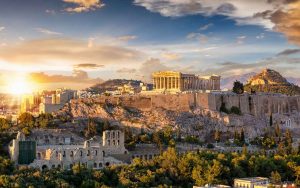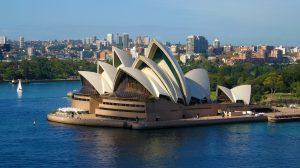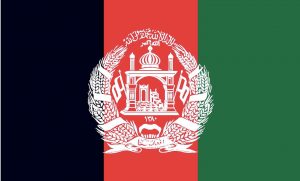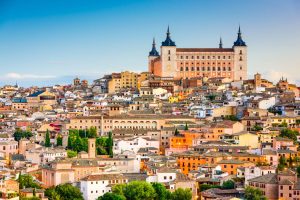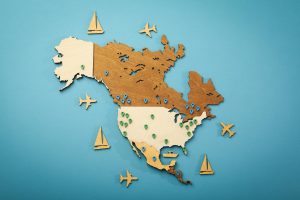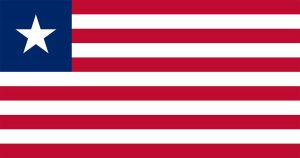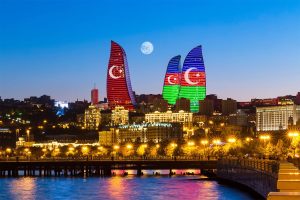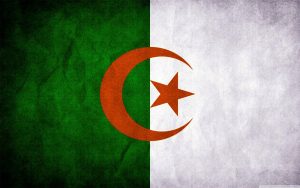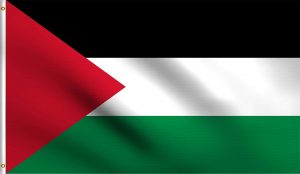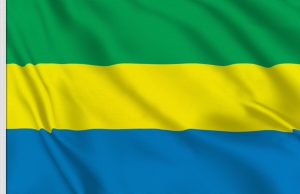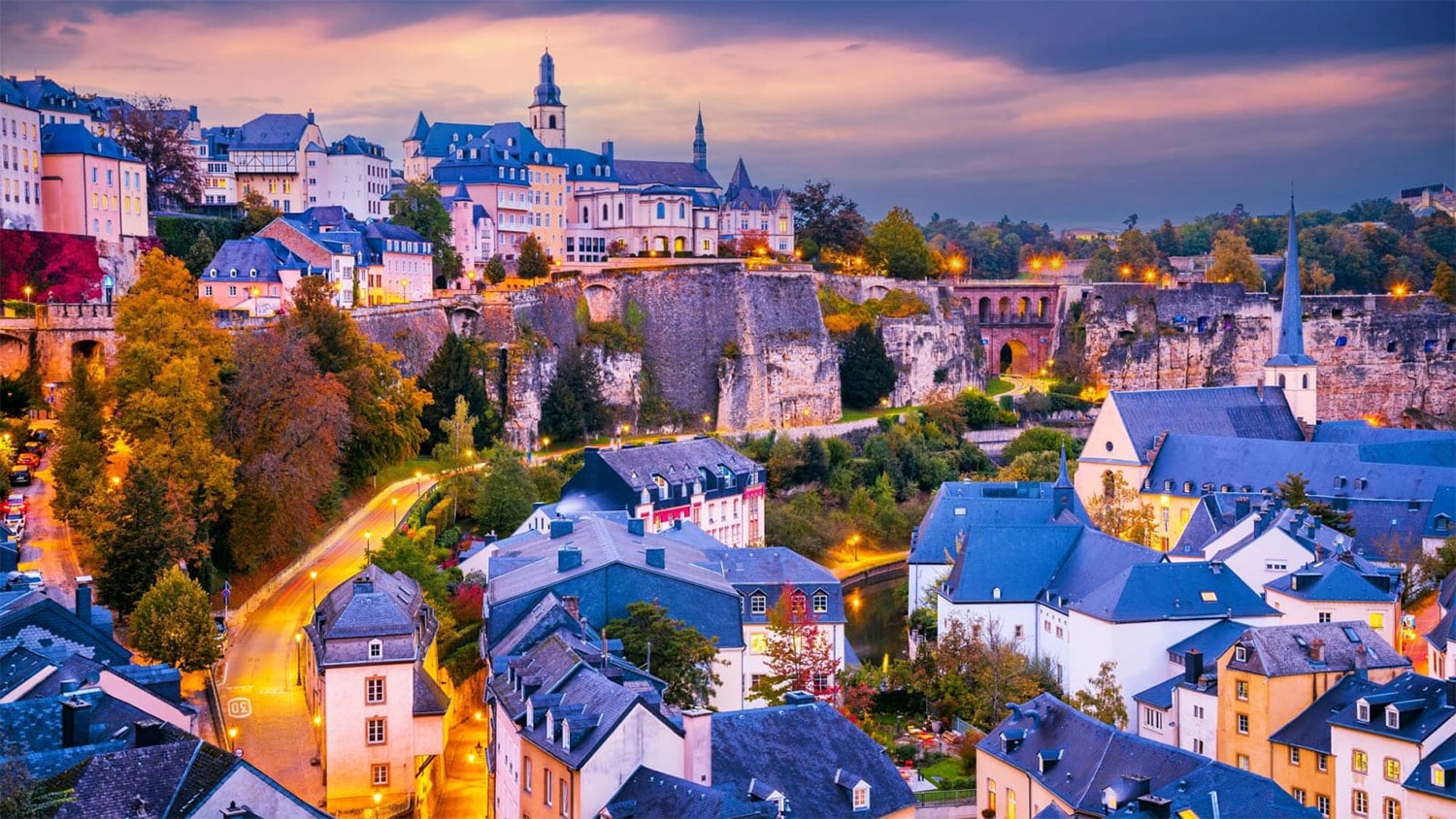
28 interesting facts about Luxembourg
- 👁️ 2492
Luxembourg, officially known as the Grand Duchy of Luxembourg, is a small European country that boasts a rich tapestry of history, culture, and natural beauty. Despite its diminutive size, Luxembourg plays a significant role on the international stage, being one of the founding members of the European Union. It is renowned for its high standard of living, multilingual population, and as a global financial center. Nestled between Belgium, France, and Germany, Luxembourg offers a unique blend of cultural influences, picturesque landscapes, and historical sites. Here are 28 interesting and informative facts about Luxembourg that highlight its uniqueness and significance.
- Luxembourg is the only Grand Duchy in the world, a title that refers to its status as a constitutional monarchy headed by a Grand Duke.
- It has one of the highest GDP per capita in the world.
- Luxembourg is a founding member of the European Union, NATO, and the United Nations.
- The country has three official languages: Luxembourgish, French, and German.
- Luxembourg City, the capital, is one of the three official capitals of the European Union.
- The Luxembourgish flag features three horizontal stripes of red, white, and light blue.
- Luxembourg has a population of just over 600,000 people, making it one of Europe’s smallest countries by population.
- The country’s landscape is characterized by dense forests, rolling hills, and the Ardennes mountains in the north.
- Luxembourg has more Michelin-starred restaurants per capita than any other country in the world.
- The fortress of Luxembourg City, known as the Gibraltar of the North, was once one of the most fortified places in Europe.
- The country was invaded by Germany during both World War I and World War II.
- Luxembourgish, the national language, is a Moselle Franconian dialect of German.
- The Casemates du Bock, a network of underground tunnels in Luxembourg City, is a UNESCO World Heritage site.
- Luxembourg introduced compulsory education in 1843.
- The country’s legal system is based on civil law.
- Luxembourg has one of the highest rates of car ownership in the world.
- Schengen, a small village in Luxembourg, gave its name to the Schengen Agreement, which abolished border controls between EU countries.
- The Philharmonie Luxembourg is one of Europe’s premier concert halls, known for its contemporary architecture and acoustics.
- Despite its small size, Luxembourg has a highly developed economy, largely driven by the financial sector.
- The national dish of Luxembourg is Judd mat Gaardebounen, smoked collar of pork with broad beans.
- The country offers free public transportation to all residents and visitors, a policy implemented in 2020.
- Luxembourg’s wine region, along the Moselle River, is famous for its white and sparkling wines.
- The International Court of Justice chose the Luxembourg Agreement in 1952 as the basis for its reparations policies.
- Luxembourg’s Mullerthal region is often referred to as Little Switzerland because of its hilly and forested landscape.
- The Grand Duke’s official residence is the Grand Ducal Palace in Luxembourg City.
- Luxembourg was the first city to be named European Capital of Culture twice, in 1995 and 2007.
- The country has a tradition of broadcasting radio and television programs in Luxembourgish, French, German, and English to serve its multilingual population.
- Luxembourg has won five Olympic gold medals, all in athletics.
Luxembourg is a country that defies the constraints of its small size through its economic prowess, cultural richness, and historical depth. Its commitment to multilingualism, international cooperation, and high quality of life showcases its unique identity within Europe and the world. From the historical fortifications of its capital to its leading financial institutions and vibrant cultural scene, Luxembourg continues to fascinate and inspire. This small Grand Duchy exemplifies how tradition and modernity can coexist harmoniously, making it a must-visit destination for those intrigued by European history and culture.
